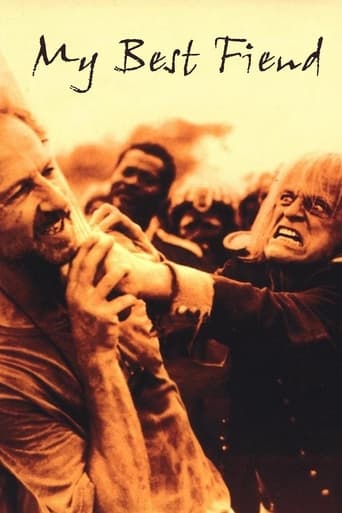
17 May 1999

My Best Fiend
A film that describes the love-hate relationship between Werner Herzog and Klaus Kinski, the deep trust between the director and the actor, and their independently and simultaneously hatched plans to murder one another.
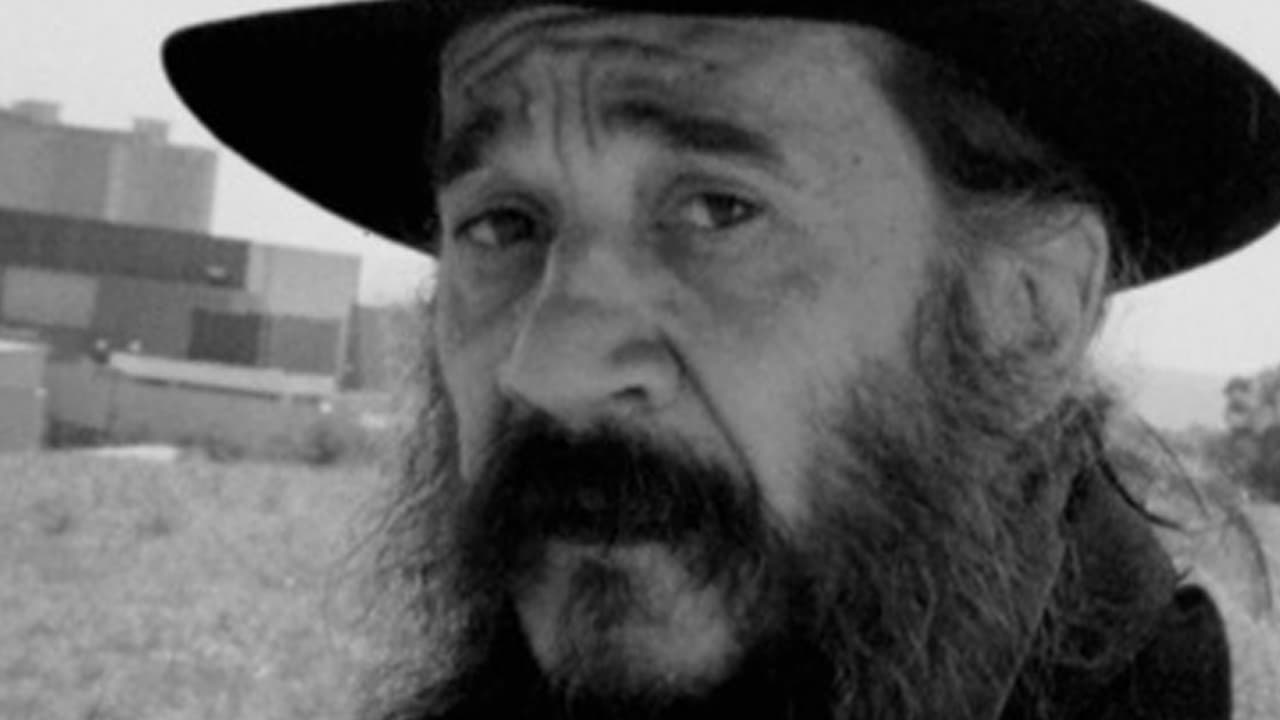
This documentary is a portrait made in Mexico by a group of Argentine exiles, directed by the painter Nicolás Amoroso.

17 May 1999

A film that describes the love-hate relationship between Werner Herzog and Klaus Kinski, the deep trust between the director and the actor, and their independently and simultaneously hatched plans to murder one another.

01 Aug 2014

Robert Altman's life and career contained multitudes. This father of American independent cinema left an indelible mark, not merely on the evolution of his art form, but also on the western zeitgeist. With its use of rare interviews, representative film clips, archival images, and musings from his family and most recognizable collaborators, Altman is a dynamic and heartfelt mediation on an artist whose expression, passion and appetite knew few bounds.
01 Jan 1952
No overview found
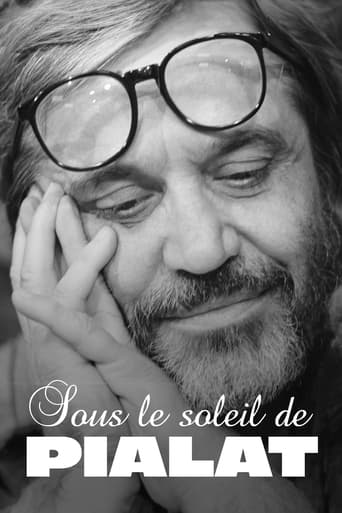
18 Oct 2021

In just ten films, Maurice Pialat painfully rose to the top of the cinema, draining into his legend a mad demand for truth as much as memorable fury to achieve it. With "L'Enfance nue", his first feature film at the age of 43, the filmmaker immediately made his mark, this "art of making things authentic", according to Chabrol. But throughout an unclassifiable filmography in the form of an autobiography, from a break-up to his fatherhood in wonder, through the agony of his mother, the filmmaker does not get rid of the feeling of being misunderstood, despite international recognition.
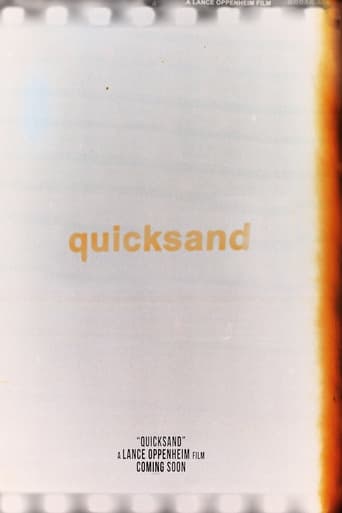
01 Mar 2013

"A week before he passed away, my grandfather shared with me his former aspirations of becoming a filmmaker. After many trials, a narrow escape from the Nazis and immigration to the United States, the dream slowly but surely came true. surely passed out. After his passing, I discovered a treasure trove of dust-covered 8mm film archives that had apparently not been seen by anyone for at least a generation. Mesmerized, what unfolded before me was something something most people, myself included, had never seen before: the development and complete decline of the human body and mind. Motivated by my grandfather's unrealized cinematic dreams, I decided to reconstruct a film that he had already made involuntarily." Lance Oppenheim
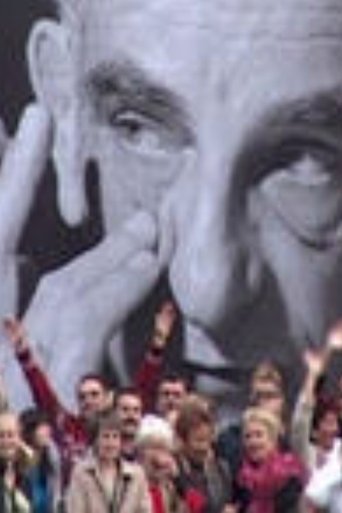
25 Oct 2006

No overview found
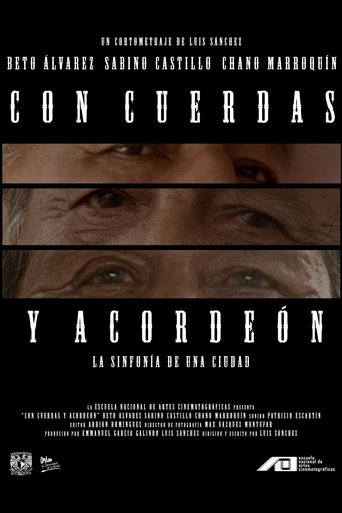
18 Oct 2024

In present-day Monterrey, three downtown musicians confront the urbanization of the city as they perform Fara Fara pieces in search of clients.
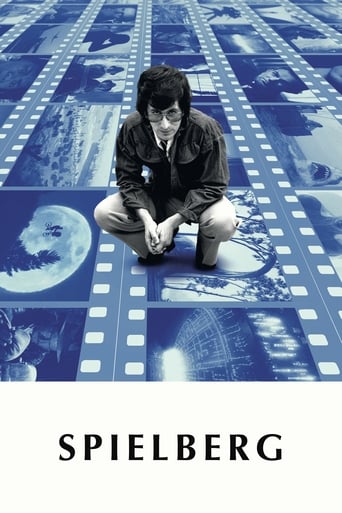
05 Oct 2017

A documentary on the life and career of one of the most influential film directors of all time, Steven Spielberg.
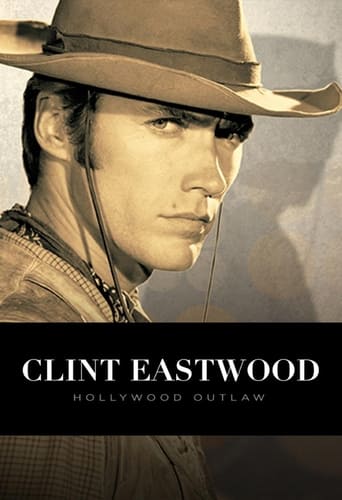
24 Oct 2020

Film clips and interviews with biographers and colleagues chart the prolific, six-decade career of maverick actor-director Clint Eastwood.
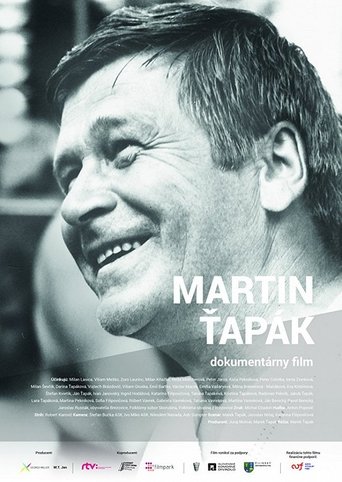
01 Jan 2017

No overview found

06 Oct 2023

This intimate documentary explores a bygone era of cinematic passion and the emergence of young film enthusiasts in South Korea, including Bong Joon Ho.

12 Aug 2006

A documentary on Teruo Ishii, the Japanese "King of Cult".
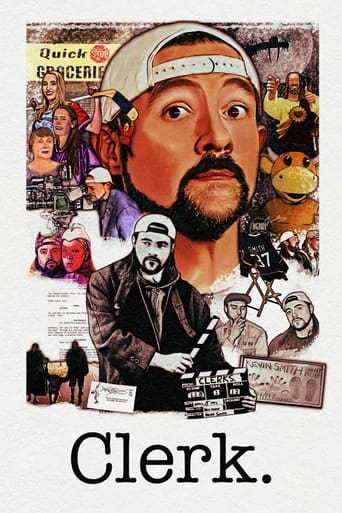
17 Mar 2021

A look at Kevin Smith's life and career from his childhood in New Jersey, to the day they cemented his footprints at the world famous TCL Chinese Theater, with a flock of famous folks testifying on Silent Bob's behalf!
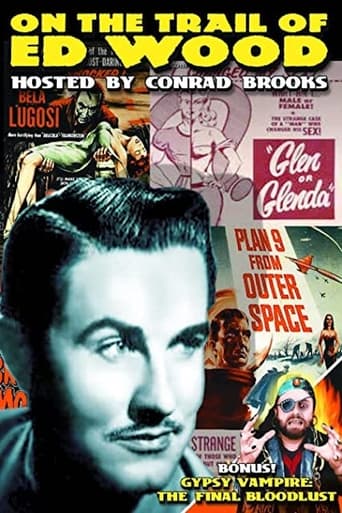
01 Jan 1990

A documentary on the life and career of filmmaker Edward D. Wood Jr., with clips from his films and interviews with the cast and crews of some of his films.
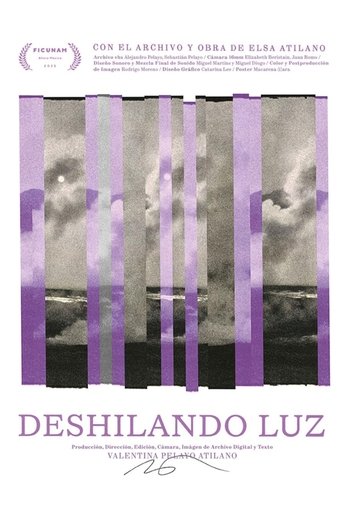
29 May 2025

A film essay that intertwines the director's gaze with that of her late mother. Beyond exploring mourning and absence as exclusively painful experiences, the film pays tribute to her mother through memories embodied by places and objects that evidence the traces of her existence. The filmmaker asks herself: What does she owe her mother for who she is and how she films? To what extent does her film belong to her?

27 Jun 2024

In the town of Xoco, the spirit of an old villager awakens in search of its lost home. Along its journey, the ghost discovers that the town still celebrates its most important festivities, but also learns that the construction of a new commercial complex called Mítikah will threaten the existence of both the traditions and the town itself.
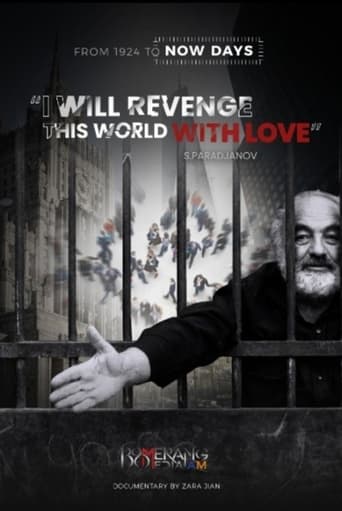
28 Aug 2024

The author of the film decides to leave the country where she lives, in connection with the outbreak of the dramatic events, and return home to Armenia in search of a worthy example and solutions on how to live on. Paradjanov's house becomes a place of inspiration and a point of no return to toxic reality.
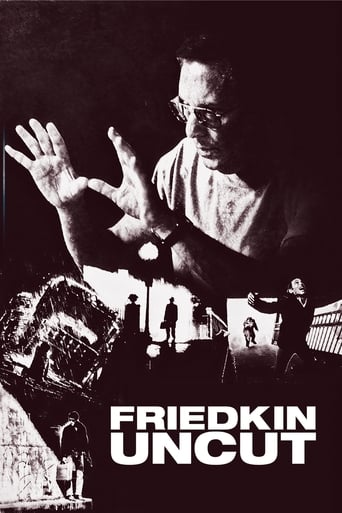
05 Nov 2018

An introspective insight into the life and artistic journey of William Friedkin, an extraordinary and offbeat director of cult films such as The French Connection, The Exorcist, Sorcerer, Cruising, To Live and Die in L.A. and Killer Joe. For the first time Friedkin opens up, guiding the audience on a fascinating journey through the themes and the stories that have influenced his life and his artistic career.
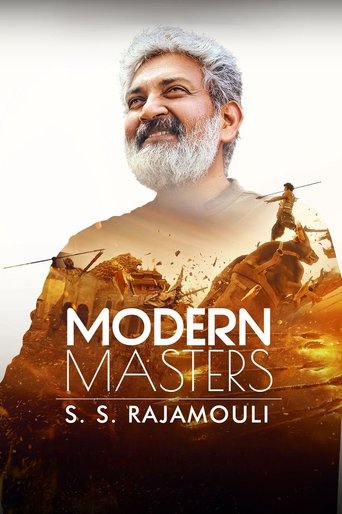
02 Aug 2024

Highlights Rajamouli’s influence on Indian and international cinema, with interviews and behind-the-scenes footage.
Walter Hill sits down for a rare retrospective interview for his 1981 film "Southern Comfort".